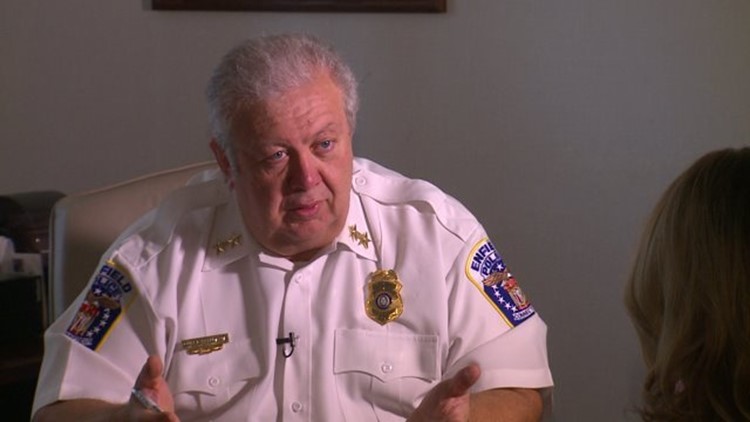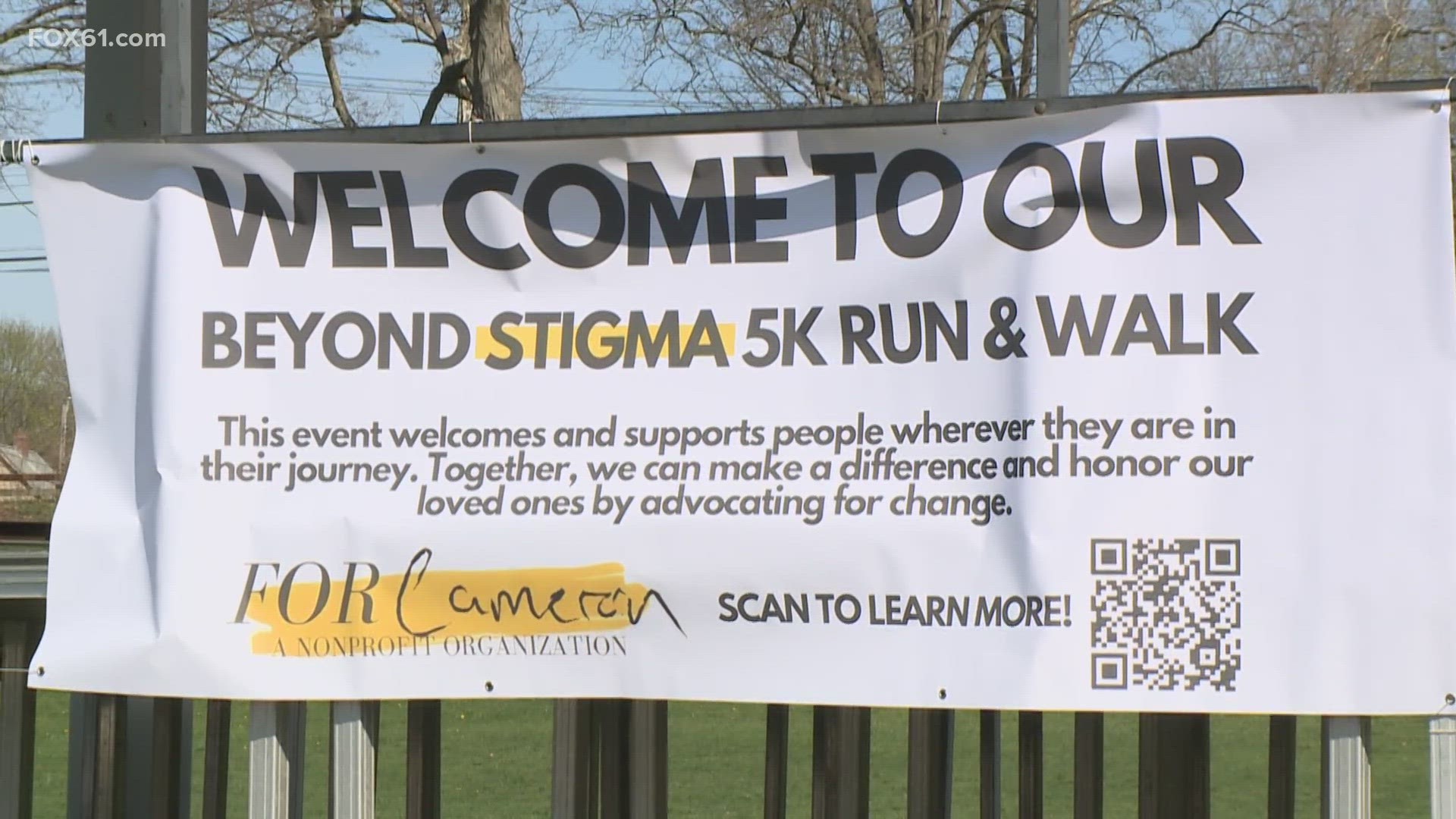ENFIELD - Connecticut health officials said the levels of prescription pain-killer “misuse” and opioid dependency has now reached “unprecedented levels.”
In Enfield, police report at least 25 people died from an accidental heroin-related overdose death since the start of 2015. Chief Carl Sferrazza told FOX 61 the increase in heroin use in many communities throughout the state has also meant an increase in related crimes.
“You see an increase in burglaries, car thefts, armed robberies and it’s not people trying to steal thousands of dollars, maybe you rob a convenience store for a few hundred bucks,” Sferrazza said.
He said the people addicted to heroin, responsible for these crimes, often have no prior criminal record.
“The profile we’re seeing is these are, tend to be right now, white males, under 30 years old, a lot of them gainfully employed, a lot of them were successful in school and social and everything and then a lot of them had accidents… car accidents, work related accidents, and got prescribed pain killers and they got addicted to it. When the pain killers aren’t coming their way anymore, they turn to the heroin,” Sferrazza said.
He also said this addiction issue is taking the lives to too many local residents.
“Twenty-five people that died. So if we had 25 homicides in Enfield in two years, I can tell you the uproar and the attention it would be getting would be totally different. But because this is a heroin overdose and so many people are of the opinion they did it to themselves, I don’t see that same concern,” Sferrazza said.
He said those 25 deaths could have been doubled if not for the overdose reversal drug, Narcan.
“There’s probably another 40-50 people who would have died if it weren’t for the EMS intervention. So those numbers are just frightening,” Sferrazza said.
Heroin, dangerous on its own, in some cases is now being mixed with other substances, like fentanyl. Sferrazza said that the mixture makes the substance less expensive to produce and gives more profit to the dealer. Fentanyl is a man-made pain medication that the Centers for Disease Control lists as 50 to 100 times more potent than morphine.
“Heroin isn’t like it was 36 years ago when I started," said Sferrazza. "The potency of this thing is tremendous.”
The increased potency combined with an up in the numbers of people using, sparked the launch of the North Central Regional Narcotics Task Force. Sferrazza explained this task force is a cooperative effort with the police departments in East Windsor,Suffield, and Windsor Locks, used to aggressively pursue those selling heroin in these communities.
“I can’t think of a more pressing problem right now for law enforcement than this opioid crisis,” Sferrazza said. "If we don’t exist to protect human life, everything else we do is secondary.”
He also said he feels the efforts of the task force are just one part of a much bigger equation.
“It’s not their fault at this point they’re addicted. And I don’t have the resources, when a person comes to me and says ‘I’m a heroin addict,’ to pick up the phone and place them in a facility that can deal with that. If you’re hooked on this poison you’re either going to end up in jail or dead and we want to give people a third option: rehab. We want people to get better,” Sferrazza said.
Currently, Connecticut has a “Good Samaritan Law” protecting people from a possession of drugs or paraphernalia arrest if they reach out for medical help for an overdose situation. The law doesn't stop police from serving an arrest or search warrant already in process.
In October, a change to a current Connecticut law went into effect, requiring cities and towns to have plans that ensure first responders are trained and equipped with opioid overdose reversal drugs.
There are ways to get help for heroin addiction:
To find a treatment assessment center near you, call 1-800-563-4086.



